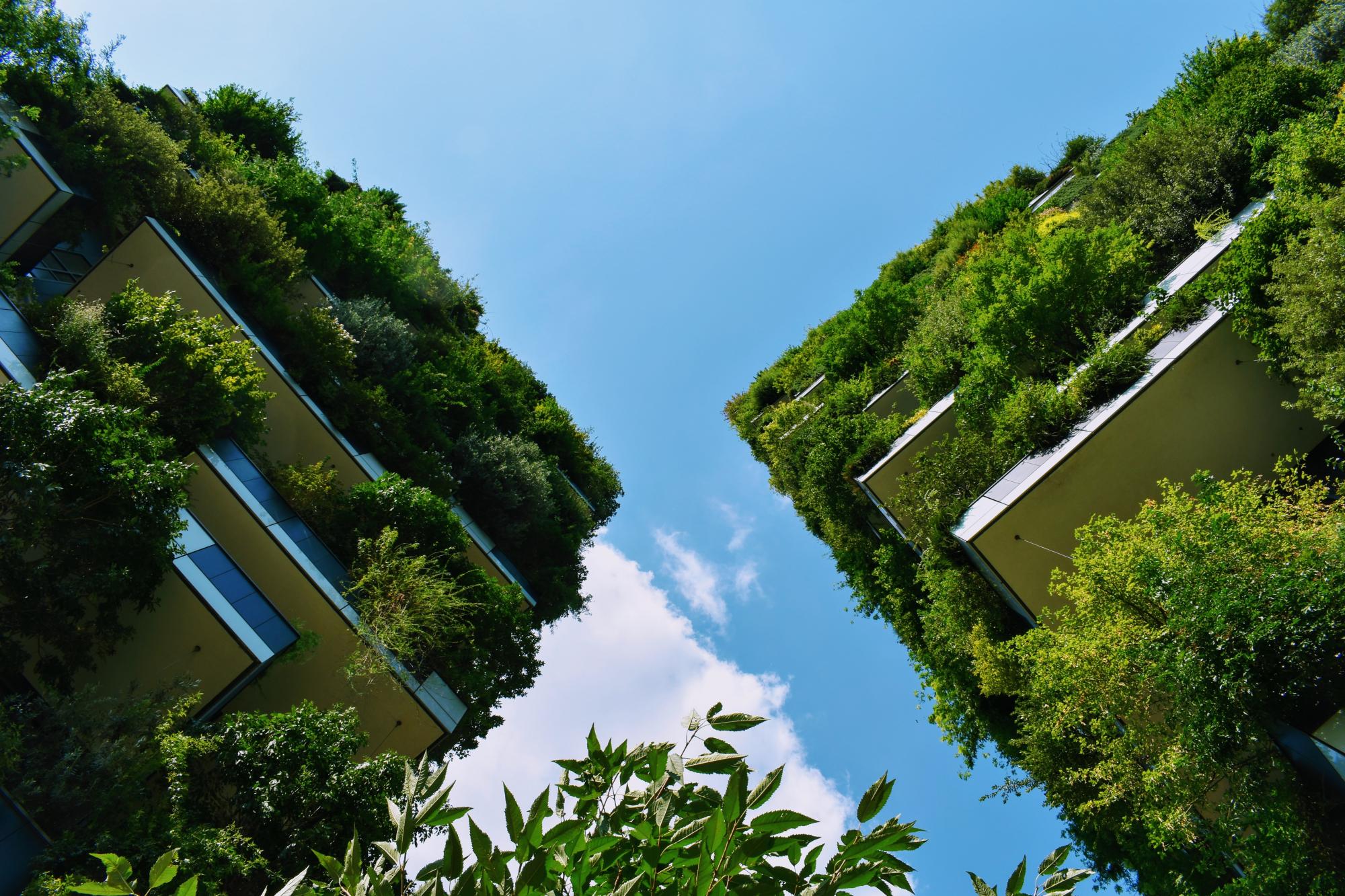Last updated: October 2021
Eko Ekipa Prečko is an alternative urban garden in Zagreb which was initiated and promoted by the locals. The initiative was not supported by the government initially. Regardless of the lack of support, citizens jointly cleaned an illegal waste disposal site and the bushes and shrubs there to initiate a communal garden. Besides ecological food production, they also organize educational workshops for children and adults to get familiar with life in nature (Ref 1). People of all ages, the majority between age 30 and 40, from Prečko and neighbouring districts are involved with the garden (Ref 4).
Overview
Nature-based solution
- Community gardens and allotments
- Allotments
- Community gardens
Key challenges
- Climate action for adaptation, resilience and mitigation (SDG 13)
- Climate change mitigation
- Green space, habitats and biodiversity (SDG 15)
- Habitat and biodiversity restoration
- Green space creation and/or management
- Environmental quality
- Air quality improvement
- Waste management
- Inclusive and effective governance (SDG 16)
- Effective management
- Social justice, cohesion and equity (SDG 10)
- Social interaction
- Health and well-being (SDG 3)
- Improving mental health
- Creation of opportunities for recreation
- Economic development and employment (SDG 8)
- Economic development: agriculture
- Sustainable consumption and production (SDG 12)
- Sustainable production
Focus
Creation of new green areas, Transformation of previously derelict areas, Knowledge creation and awareness raising
Project objectives
The main objective of the intervention was to grow organic food and to create a green space where children can play and learn about gardening. Other objectives were to clean a waste disposal site, division to communal and individually farmed areas, organization of workshops, and connect with nature and to ensure space for recreation and socialization (Ref 1, 2).
Implementation activities
During March and April 2013, a group of about 30 citizens who volunteered to clean a neglected plot of land owned by the city of Zagreb, located next to Jarnovićeva Street, across from the school playground of the Nikola Tesla Elementary School. The land was full of garbage and overgrown with blackberries and weeds, but the work of interested citizens quickly turned it into an attractive garden of unusual design, which was officially opened on 09.06.2013 (Ref 4). The garbage has been removed and shrubs that grew there cleaned, the area has been divided into communal and individual gardening plots, an area for barbecue and socialization has been prepared, joint activities and educational workshops to pass on the knowledge to interested citizens (Ref 1, 2).
Climate-focused activities
Climate change mitigation:
- Increase green urban nature for carbon storage (wetlands, tree cover)
Biodiversity conservation or restoration-focused activities
Biodiversity restoration:
- Restore valued species
- Public engagement
Main beneficiaries
- Citizens or community groups
Governance
Management set-up
- Led by non-government actors
Type of initiating organisation
- Citizens or community group
Participatory approaches/ community involvement
- Co-planning (e.g. stakeholder workshops, focus groups, participatory mapping)
- Dissemination of information and education
- Joint implementation (e.g. tree planting)
- Citizen monitoring and review
Details on the roles of the organisations involved in the project
A group of citizens organized through posters an initial gathering and then through social networks continued to grow and organize its activities. The authorities are aware of the gardens and have given tacit approval to the initiative, but provide no funding or support to the Ekoekipa Prečko ( Ref 2).
Project implemented in response to ...
... an EU policy or strategy?
No
... a national policy or strategy?
No
... a local policy or strategy?
No
Financing
Total cost
€10,000 - €50,000
Source(s) of funding
- Other
Type of funding
- Other
Non-financial contribution
Type of non-financial contribution
- Provision of land
- Provision of goods
- Provision of labour
- Provision of expertise
Who provided the non-financial contribution?
- Public authorities (e.g. land, utility services)
- Citizens (e.g. volunteering)
Impacts and Monitoring
Environmental impacts
- Green space and habitat
- Increased green space area
- Enhanced support of pollination
- Restoration of derelict areas
Economic impacts
- Increase in agricultural production (for profit or not)
Socio-cultural impacts
- Social justice and cohesion
- Improved access to urban green space
- Increased opportunities for social interaction
- Increased involvement of locals in the management of green spaces
- Increased access to healthy/affordable food
- Increased sustainability of agriculture practices
- Cultural heritage and sense of place
- Improvement in people’s connection to nature
- Education
- Increased knowledge of locals about local nature
- Increased awareness of NBS and their benefits
Type of reported impacts
Achieved impacts
Presence of formal monitoring system
No
Presence of indicators used in reporting
No
Presence of monitoring/ evaluation reports
No
Availability of a web-based monitoring tool
No
References
1. EkoEkipa Prečko Facebook website (no date) Available at: Source link. Accessed on 16th July, 2020.
2. Blog Nepoznati Zagreb (no date) Available at: Source link. Accessed on 16th July, 2020.
3. City of Zagreb (2016) Zagreb 2020 plan. Available at: Source link. Accessed on 16th JUly, 2020.
4. EkoEkipa Prečko. The alternative urban garden in Zagreb (no date) Available at: Source link. Accessed on 16th July, 2020.
5. Eco Team Prečko (no date) Mapiranje Trešnjevke. Available at: Source link. Accessed on 16th July, 2020.
2. Blog Nepoznati Zagreb (no date) Available at: Source link. Accessed on 16th July, 2020.
3. City of Zagreb (2016) Zagreb 2020 plan. Available at: Source link. Accessed on 16th JUly, 2020.
4. EkoEkipa Prečko. The alternative urban garden in Zagreb (no date) Available at: Source link. Accessed on 16th July, 2020.
5. Eco Team Prečko (no date) Mapiranje Trešnjevke. Available at: Source link. Accessed on 16th July, 2020.



